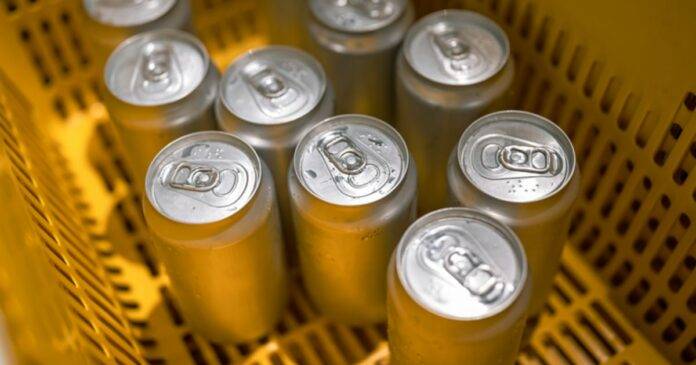The recent implementation of tariffs by the Trump administration, dubbed ‘Liberation Day’ tariffs, has set a baseline 10% tariff on imports. However, it appears that beer will be treated differently under these new regulations. Specifically, beer is covered in the ‘Annex 1 on aluminum derivative products’, with tariffs set to go into effect at 12.01am EDT on Friday, April 4. Despite this clarity on timing, brewers are left uncertain as to which specific products will be impacted by these new rules.
Imports of beer to the US exceeded $7.5 billion in 2024, according to data from the US Census Bureau. The majority of these imports come from Mexico, totaling $6.3 billion, although a number of European beer brands are also popular in the US market. Cans account for just under 40% of imported beer, with the Brewers Association, representing small and independent breweries, questioning whether the new tariffs will apply to all beer, not just those in cans.
One of the prominent importers of Mexican beer into the US is Constellation Brands, known for brands such as Corona and Modelo. BeverageDaily has reached out to the company for comment on the potential impact of these tariffs.
European beer brands are also likely to be affected by these new tariffs. Belgium is the largest exporter of beer in the EU, closely followed by Germany and the Netherlands. The US is a crucial export market for European brewers in terms of both volume and value. The tariffs imposed by the US are causing concern for Europe’s 10,000 breweries, as indicated by the Brewers of Europe, the trade organization representing the sector.
The uncertainty surrounding whether the tariffs apply to cans only or all beer is a significant issue for European brewers. Cans represent a relatively small proportion of Europe’s beer exports, around 20%. The Brewers of Europe released a statement seeking further clarity on the products covered by the new announcement. They emphasized the importance of brewing as a key driver of growth, investment, and employment on both sides of the Atlantic, and urged for a de-escalation and a solution that reduces tariffs on beer to benefit consumers, workers, and businesses in both the EU and the US.
In conclusion, the ‘Liberation Day’ tariffs announced by the Trump administration have raised concerns within the beer industry, particularly regarding the uncertainty surrounding which beer products will be subject to these tariffs. The impact on both domestic and international beer markets, including major exporters such as Mexico and Europe, remains to be seen. Clarity and resolution on the scope of these tariffs are essential to mitigate potential negative effects on the industry and ensure continued growth and success for all stakeholders involved.



